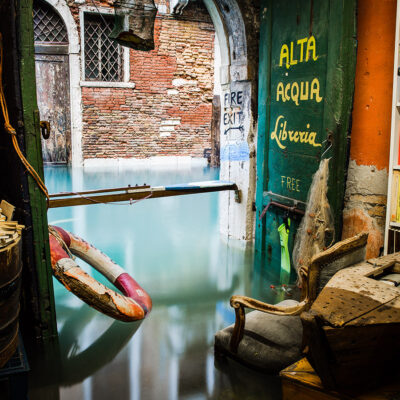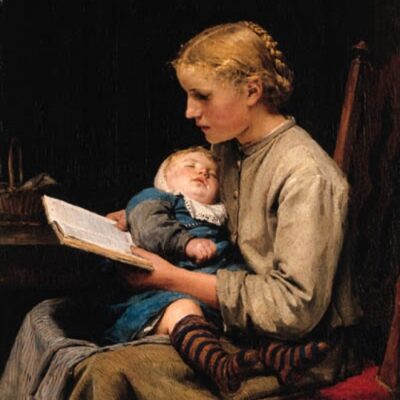Conviction by Denise Mina
I must have placed at least 100 tabs on amazingly written passages of this book, and I have added all of Denise Mina’s other books to my ‘Goodreads Want to Read List.’ Needless to say, this was a ‘perfect’ mystery for me—a plot filled with suspense, well-developed characters, a male-female relationship that didn’t lapse into a schmaltzy romance, and, best of all, a road trip through parts of Europe I could experience vicariously!
Published in 2019 by Little, Brown and Company, Conviction is authored by Denish Mina, known for creating the Garnethill trilogy, the Paddy Meehan series, and the Alex Morrow mysteries. Conviction is not part of a series, but is a psychologically-rich, stand-alone novel joining the two other stand-alone mysteries previously written by the author: “The Long Drop” presents a suspense story that reimagines the career of real-life serial killer Peter Manuel, who terrorized Glasgow in the 1950s; “Deception” a psychological suspense fiction novel, is written in diary form by a husband whose wife is currently in prison for murder.
In a June 17, 2019 Washington Post review, Maureen Corrigan stated that “Conviction” is a blend of “Mina herself along with Daphne du Maurier (for supernatural eeriness), fellow Scot Helen MacInnes (for spycraft), and, especially toward the end, Lisa Scottoline (for spunky woman-in-trouble wry humor).” The setting of the novel is present day Glasgow where the protagonist Sophie Bukaran is living as Anna McDonald, married to a lawyer named Hamish and mother to two girls Liz and Jessie. As Anna tells us:
I was looking forward to my day. I had a new true-crime podcast series waiting on my phone and I’d heard good things about it. I planned to listen to the first episode, get a taste for the story before I woke the kids for school, and then binge on it while I trawled through the day of menial tasks. A good podcast can add a glorious multi-world texture to anything. I’ve resisted an Assyrian invasion while picking up dry-cleaning. I’ve seen justice served on a vicious murderer while buying underpants. [p. 3]
Anna listens to the first episode of her newest podcast Death and the Dana in the kitchen of her elegant house in Glasgow’s West End. The podcast is an unnerving story of the Dana, a private yacht sunk by an explosion in its hull, the death of three people onboard, and the ongoing mystery of what happened. Suddenly, Anna hears the name of the father who went down with the yacht and realizes she knew him and that he links her back to a crime she has been running from for more than a decade. The name of the man is Leon Parker.
One of the many brilliant features of Conviction is the interweaving of a true-crime podcast into the narrative and plot of the book. As her world is imploding around her, Anna immerses herself in the podcast Death and Dana as a distraction. She muses:
There is a warmth and a comfort in hearing about people in worse situations than your own. Pity is a hollow virtue. I like it. It’s a form of self-aggrandisement really, bigging yourself up by defining someone as below you. True-crime podcasts are usually great for that but sometimes you have to look really hard to find anyone down there. I had not murdered my family and killed myself. I hung onto that. [p. 45]
Anna fixates on this particular podcast because what’s going on in her life is unbearable and also, she believes Leon is being unjustly accused of murder by the podcast’s producer. He’s being accused of something she thinks he would never do. She has a choice: let personal events lead her to suicide or go on a road trip to find justice for Leon. Luckily for us, she picks the latter. The road trip we take includes traveling about 100 miles north from Glasgow to Fort William, a town in the western Scottish Highlands, on the shores of Loch Linnhe. We cross Moray Firth and drive to Skibo castle in Dornoch Scotland (This is where Madonna married Guy Ritchie!). We take a plane to London, then to Saint Martin in the Caribbean also traveling by speedboat taxi to Venice and train to Lyon. Throughout the trip, we meet creepy, unpredictable, menacing characters that provide clues to the puzzle: Who sank the Dana?
Throughout the novel, there are facts and truisms interwoven into the narrative. Although they don’t necessarily move the plot along, they do nothing to hinder it, and in fact give us a much better understanding of characters’ motives. This example is in the voice of Anna, describing her experience as a survivor:
We are perennial as love. We go about our business raising kids, running countries, starting wars and solving crimes. We don’t tell our stories because, if we’ve survived, that can only mean that what happened wasn’t so very bad after all. It never means that we are fucking amazing. [p. 188]
















